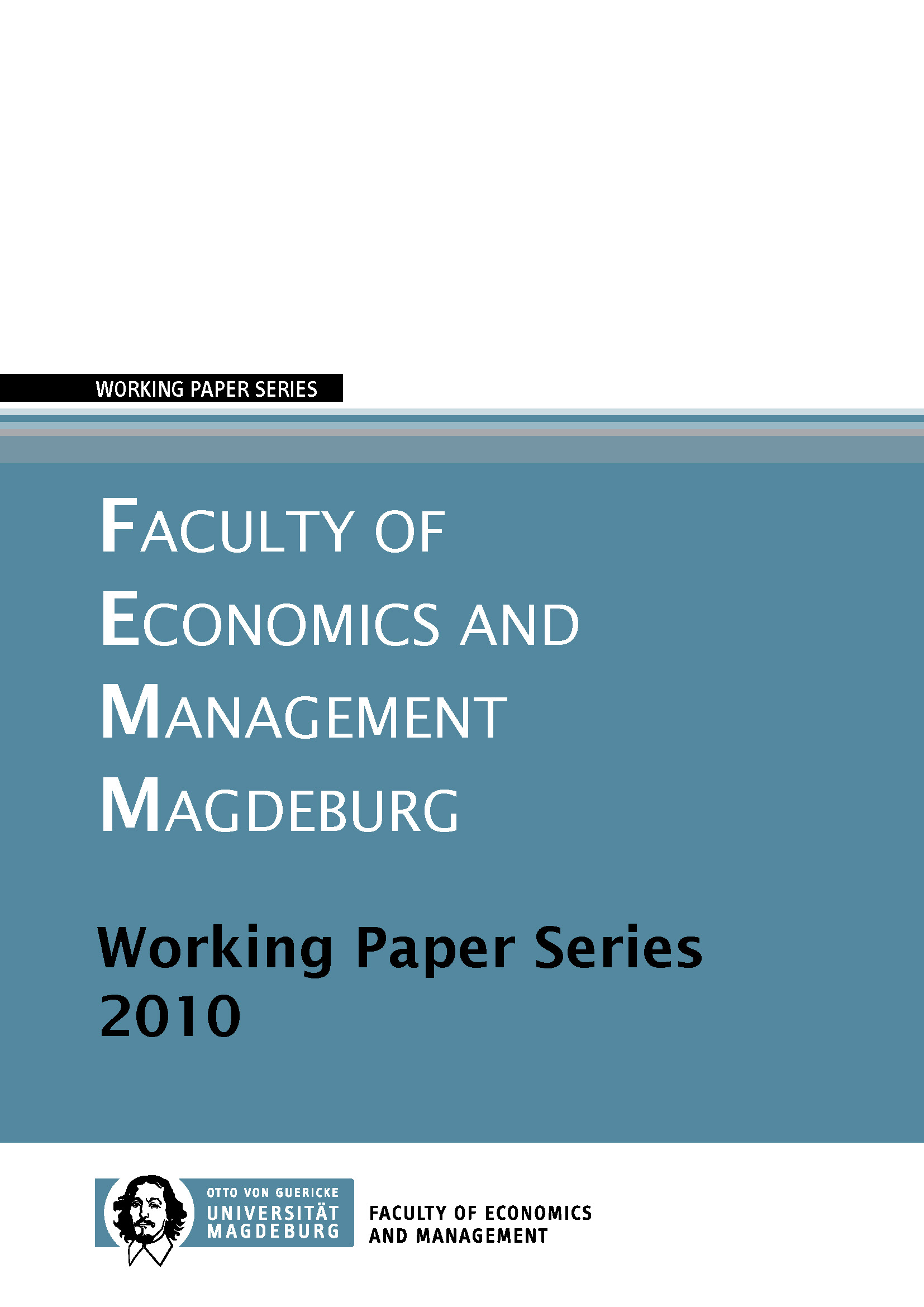When Judgments and Preferences Fail to Conform
Research on Preference Reversals for Product Purchases
DOI:
https://doi.org/10.24352/UB.OVGU-2018-421Keywords:
Preference Reversals, Willingness to Pay, Monadic Designs, Competitive Designs, Pricing Research, Procedure InvarianceAbstract
n this paper, the preference reversal phenomenon known from risk research is investigated according to which subjects prefer gamble A over B in competitive decisions although they reveal higher valuations in terms of a cash equivalent (CE) or a willingness to pay (WTP) for the latter when gambles are assessed separately in monadic judgments. In contrast to the experimental settings of research on risky choices, our studies observed unforced and binding purchase decisions of experienced consumers between real products in natural shopping environments. Results confirm robustness of preference reversals in risk-free purchase decisions indicating that orderings of product preferences reverse significantly between evaluations in monadic and competitive designs. While recent pricing research has been largely focused on monadic designs and suggested BDM mechanisms or second-price auctions for elicitations of consumers' true willingness to pay, results of our studies indicate a substantial discrepancy between preference orders based on monadic judgments and preferences that consumers reveal in competitive purchase decisions.


